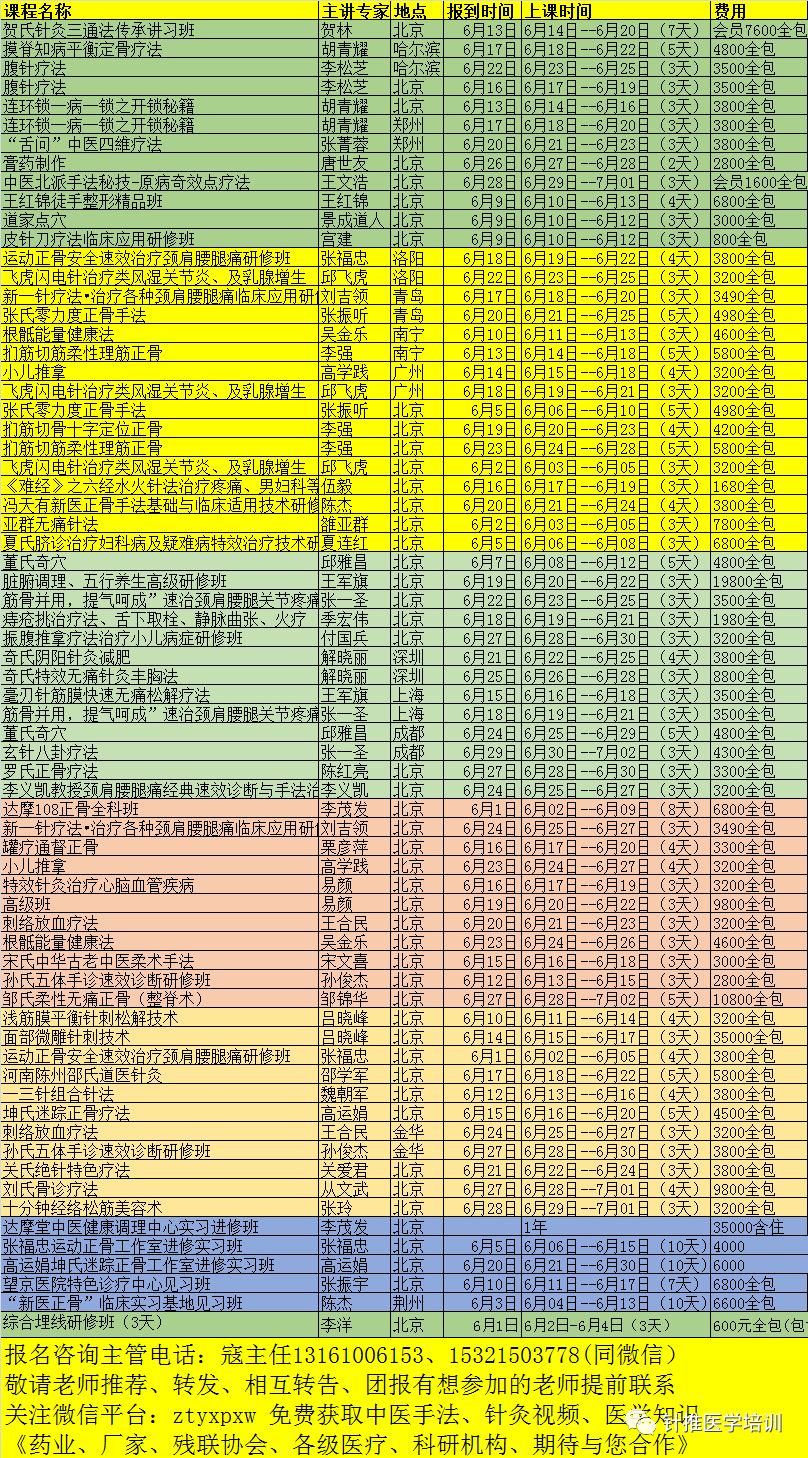Everyone desires to maintain their youth, and qi and blood are fundamental to preserving beauty and health. Only when qi is abundant and blood is sufficient can the skin appear rosy and radiant, the complexion delicate, and the spirit vibrant.
As age increases, a person’s qi and blood begin to decline, leading to a dull complexion, changes in body shape, weight gain, and various conditions of qi deficiency and blood deficiency.
Have you ever experienced this: squatting on the ground for two minutes, then suddenly standing up, and everything goes black for a moment? If so, you are likely experiencing blood deficiency!

Eight Major Symptoms of Blood Deficiency1
Individuals with blood deficiency have a dull complexion, lacking the rosy glow;
2
People with blood deficiency are prone to insomnia, known as blood not nourishing the heart, which is a common cause of insomnia in modern individuals;
3
Those with blood deficiency may experience forgetfulness, easily forgetting names of people they just met, which is also due to blood not nourishing the heart;
4
Individuals with blood deficiency often have pale mucous membranes, such as the color of their nails, lips, and eyelids, which appear very pale;
5
People with blood deficiency easily feel fatigued. Generally, women enjoy shopping, but those with blood deficiency may feel as if their “bones are about to fall apart” after just one street of shopping. Additionally, during fatigue, they may experience palpitations, with the heart beating irregularly and easily feeling dizzy;
6
In summer, individuals with blood deficiency may have warm hands and feet, but in winter, their hands and feet become immediately cold. Even when entering an air-conditioned room in summer, they may feel this way, indicating that blood deficiency fails to nourish the limbs. Such individuals are sensitive to cold winds and need to wear more clothing in winter;
7
Squatting for two minutes and then suddenly standing up may cause a momentary blackout, indicating insufficient qi and blood. However, TCM theory states that qi and blood mutually generate each other, so supplementing blood can often yield very good results;
8
Individuals with blood deficiency have a pale tongue, lacking a rosy appearance.
Many people think that blood deficiency is the same as anemia, but in reality, there are certain differences. Many individuals with mild blood deficiency may not show anemia in blood tests; however, those with severe blood deficiency often meet the anemia criteria in blood tests.
Consequences of Blood Deficiency

1
Harm to the Heart
Blood deficiency can affect the heart. Symptoms such as palpitations, shortness of breath, and chest tightness indicate that the heart is receiving insufficient blood supply, requiring medical attention to avoid delaying treatment and leading to unforeseen consequences.
2
Harm to the Brain
Blood deficiency can damage the brain. Dizziness or decreased memory are initial signs of insufficient blood supply to the brain.
The brain is the command center of the body; issues with the brain can cause significant problems for our body, so we must pay sufficient attention.
3
Harm to the Liver
Fatty liver and high blood lipids can be considered long-term consequences of insufficient blood supply to the liver. To prevent liver issues, it is essential to ensure adequate blood supply.
Of course, there are many ways to protect the liver, such as avoiding staying up late.
4
Harm to the Kidneys
The kidneys are organs responsible for detoxification in the body. If creatinine levels are elevated, it indicates that toxins are not being expelled from the body, partly due to insufficient blood supply to the kidneys, which lack the power to eliminate all toxins.

5
Harm to the Digestive System
Blood deficiency can affect digestive function, as the normal operation of the digestive system requires sufficient blood supply. When qi and blood are insufficient, the digestive system may suffer from ischemia, weakening its function and leading to gastrointestinal disorders.
6
Breast Diseases
Women with blood deficiency are more prone to breast diseases, the most common being breast hyperplasia, which is caused by insufficient qi and blood leading to qi stagnation and blood stasis, as well as liver qi stagnation.
Thus, breast diseases are a common consequence of insufficient qi and blood.
7
Menstrual Disorders
When there is insufficient qi and blood, the flow of qi and blood in a woman’s body becomes obstructed, leading to qi stagnation and blood stasis, which can affect menstruation. Common symptoms include delayed menstruation, reduced menstrual flow, and even irregular menstruation or amenorrhea.
Causes of Blood Deficiency

TCM expert Luo Dalun believes that there are three main causes of blood deficiency:
01
Weak Spleen and Stomach
In TCM, it is said that “the spleen and stomach are the source of postnatal transformation and generation,” meaning that the spleen and stomach absorb the nutrients from food and transform them into blood.
Modern individuals often overeat, leading to damage to the spleen and stomach. Many people indulge in extravagant meals, but the more they eat, the more they harm their spleen and stomach, resulting in poor nutritional status.
This is akin to a computer that can open one document without issue, but will crash if trying to open a thousand documents; such individuals have damaged spleens and stomachs, often leading to blood deficiency.
2
Excessive Worry
Modern life is filled with stress, and excessive worry over finances, social interactions, and striving can deplete heart blood, leading to blood deficiency.
Additionally, TCM holds that “worry harms the spleen”; if a person worries excessively, the function of the spleen will be suppressed, leading to insufficient blood production and exacerbating blood deficiency.
3
Women Losing Blood
Due to their unique physiological structure and functions, women experience many opportunities to lose blood throughout their lives. If they do not understand how to nourish themselves, it can lead to blood deficiency.
Such women are common; they may visit hospitals for check-ups and find nothing wrong, yet they feel unwell without knowing why.


